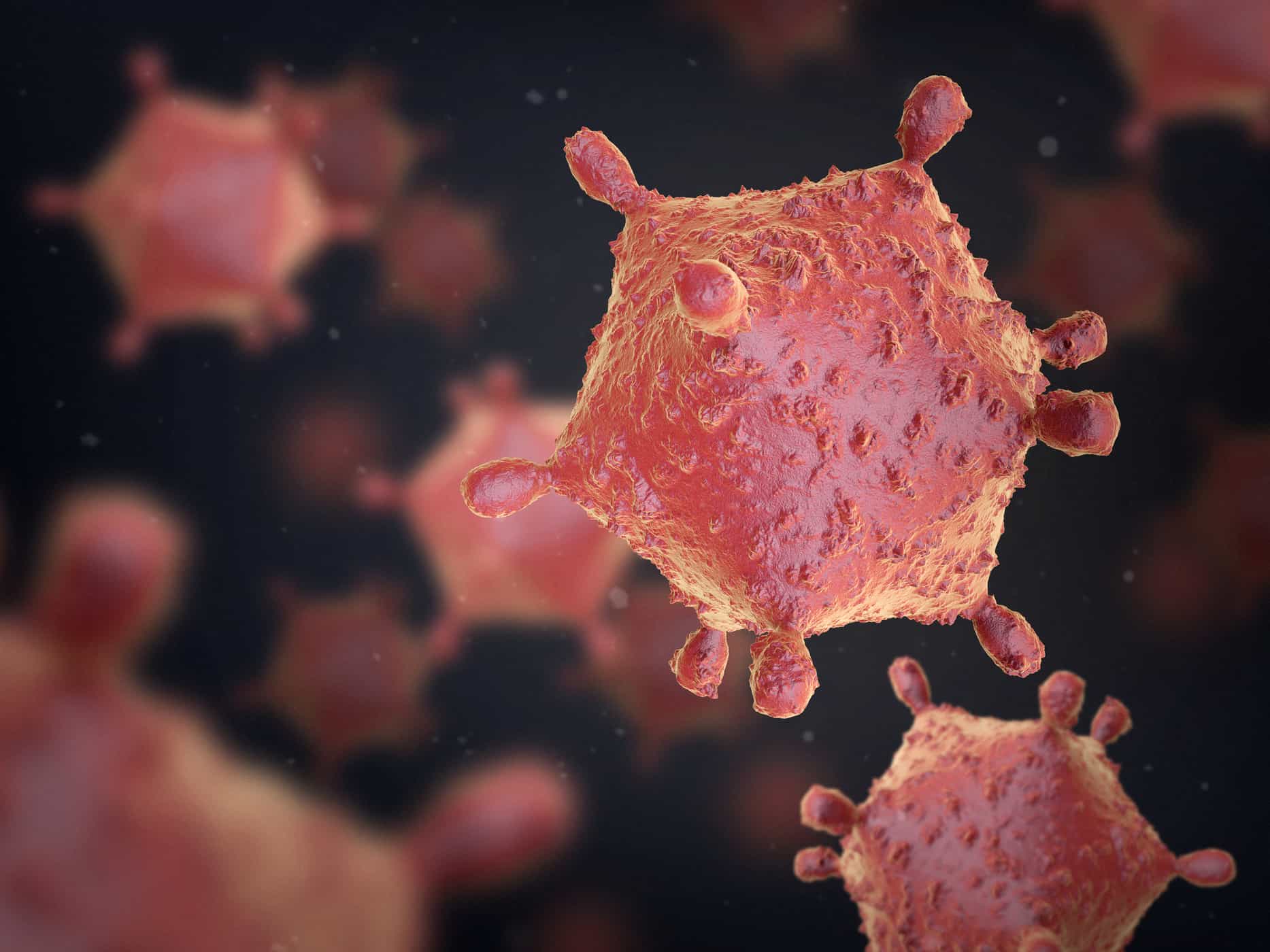Contents:
- Medical Video: Bacterial vs. Viral Infections - Dr. Andreeff, CHOC Children's
- What viruses can attack disease bacteria?
- Bacteriophage viruses are more effective against bacterial diseases than antibiotics
Medical Video: Bacterial vs. Viral Infections - Dr. Andreeff, CHOC Children's
Infectious diseases are usually caused by viral and bacterial infections, which cause the body's defenses to become weak. In some cases of infectious diseases that occur, viral infections result in greater complications and health risks than bacterial infections. This is caused by viruses being more "smart" than bacteria, causing more severe infections. Even in some studies, it is mentioned if a virus can attack disease bacteria.
Then what happens if a virus attacks bacteria? Will it be more dangerous for health?
What viruses can attack disease bacteria?
Viruses are the most numerous parasites on earth. This one living thing will only survive if it hangs on to other living things, so from there it gets food and various other needs. One of the places where the most 'favored' viruses are human, therefore viruses are very easy to infect you and cause you to experience colds or others.
However, there are new findings from the California of the Institute of Technology which found that viruses can infect bacteria. The virus that attacks this bacterium is called bacteriophage.
But do not worry first, the bacteriophage found is not harmful to health, even its presence can make bacterial diseases more easily and quickly removed from the body. Yes, you could say bacteriophages are a new breakthrough in the medical field that can help treat various infectious diseases caused by bacteria.
Bacteriophage viruses are more effective against bacterial diseases than antibiotics
Right now, many disease bacteria are no longer working with antibiotics given. Even though the resistance of bacteria to antibiotics can occur due to various reasons, such as the use of drugs that are wrong and incorrect. Therefore, experts began to switch to using bacteriophages to treat infectious diseases caused by bacteria. In fact, for certain cases, bacteriophages work more effectively, namely:
- Patients with bad immunity, bacteriophages work better to kill disease bacteria. Whereas if you use antibiotics, bacteria will only die if the immune system helps antibiotics together to destroy them, even though these patients have poor immunity.
- Patients who experience resistance to a bacterial disease. Several studies have shown that bacteriophages can kill 84% of bacteria Staphylococcus aureus (causes of skin infections) and 53% Pseudomonas aeruginosa (causes of digestive disorders) which are both immune to the drug methycillin.
The workings of bacteriophages are different from antibiotics, so the opportunity for immune bacteria to bacteriophages is smaller. In addition, unlike antibiotics that can be toxic and harmful to the kidneys, bacteriophages have a lower risk of causing poisoning in the body.
Giving a dose of bacteriophage is usually adjusted to the number of disease bacteria that infect the body. the more bacteria that are in your body, the greater the dose of bacteriophage given. Bacteriophage is only given once a day, so it is estimated that it will increase patient adherence to taking medication according to schedule and rules - not like antibiotics that if forgetfulness is taken, can cause resistant disease bacteria.












